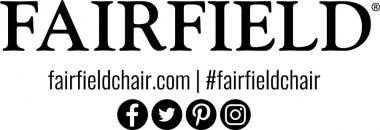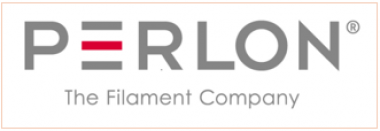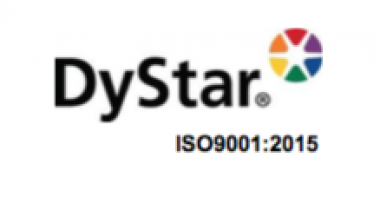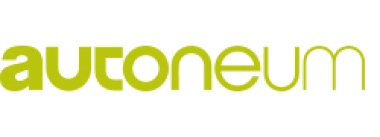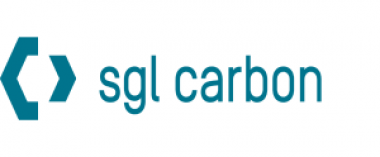Fairfield Chair Pivots from Seating Production to Surgical Gowns
Fairfield Chair Co. has retooled its production of chairs and sofas to high-in-demand surgical gowns in an effort to help rush supplies to health care companies on the frontline of the COVID-19 pandemic.
When the spread of the coronavirus impacted Fairfield and the entire U.S. manufacturing sector, Fairfield executives jumped into action.
The seating manufacturer, which essentially took a crash course on apparel patternmaking and industry specs, has switched its production to surgical gowns overnight. In just over a week, Fairfield produced its first samples of the surgical gown and immediately received approval on the prototype from Blue Ridge Healthcare in North Carolina, which has placed an initial order for 1,200 surgical gowns.
Cotswold Industries worked closely with Fairfield to help the company pivot to gown and mask manufacturing and provide the materials needed for the finished products.
Fairfield is also tapping into the experience it gained from producing seating for senior living facilities, which require certain materials with antimicrobial finishes.
“We are very accustomed to working with antimicrobial fabrics however, we have never worked with wovens that are developed to meet specifications like this material has to,” states McClurd, vice President of imports of Fairfield.
NCTO


